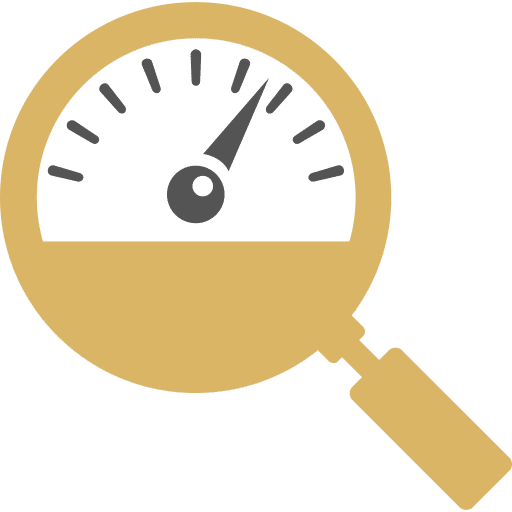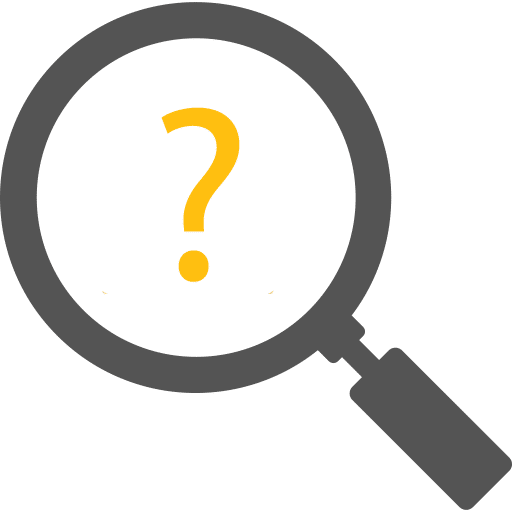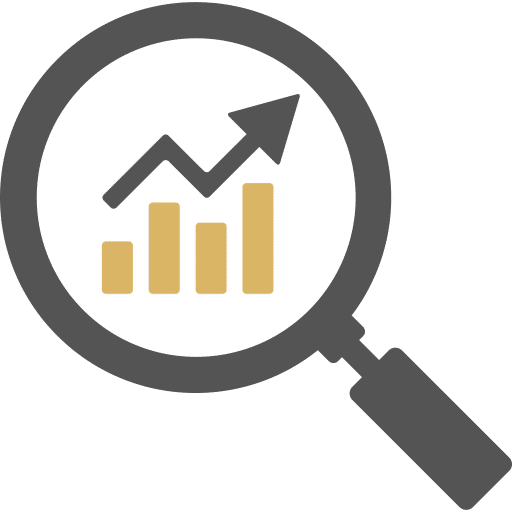3 SEO Factors of Ranking Higher

Search engine optimization (SEO) is the process of improving the perceived value of your website on a particular topic by Google. While there are other search engines available, the vast majority of internet users rely solely on Google, so that’s the one you really want to impress!
Google’s ranking formula is very complex, but its goal is to deliver the most helpful information available to the searcher. To do this, Google’s algorithms look at hundreds of elements, but the process of optimizing can be categorized into two types: on-page and off-page. The strategy you employ with both of these impacts a third factor – RankBrain. That’s Google’s machine learning system that is influenced by relationships.
On-page SEO
Google’s assessment of “on-page” is based on the content of your website. In the early days, Google’s algorithm really only paid attention to the individual words it found, but this is not the case anymore. Scanning your site for words and phrases is still part of the evaluation, but the algorithm is quite sophisticated.
For example, Google knows when repetition of a keyword is too frequent to be considered “natural language.” Remember that Google’s goal is to deliver meaningful and helpful information to it’s search users. Repetitive “keyword stuffing” tells Google that you are more concerned with ranking than the user experience, so down you go in the rankings. (Since 2011, Google rolled out their “Panda algorithm update”. Google pays far more attention now, than it once did, to spelling and grammar, so errors will also lower your ranking.)
When we speak or write “naturally,” we often use different terms to say the same thing, or we delve into slight tangents to help explain more difficult concepts. In web content, users find this helpful in understanding what you offer and if it’s what they are looking for, and Google knows this and ranks your site higher.
That said, if you don’t use your keywords often enough, Google may have a hard time determining your primary topic and where you fit in, which also has negative ranking results.
So, balanced, natural, quality content are the keys to on-page SEO.
Off-page SEO
Google’s primary off-page ranking factor is backlinks. These are links on other websites that bring users to one of your website pages. Google’s evaluation of backlinks has also evolved in that sheer volume isn’t viewed positively. The relevance and quality of the backlinks are of greatest concern.
There are a lot of different ways to get backlinks but the Google algorithm is savvy to attempts at manipulation. Google’s Penguin algorithm update was designed to weed out link schemes focused on volume rather than logic and utility. Google’s bots go deep now, assessing your site, the sites your backlinks are coming from, and the sites linking to that site. That assessment includes on-page SEO factors, as well as the type and volume of “anchor text” on the sites where the backlinks are coming from.

A website that has an abundance of “anchor text” words and phrases linking to your site (and perhaps many others) is viewed as manipulative, and will hurt the sites it’s linking to. It is far more beneficial to have one backlink that is highly relevant coming from a site of high quality, than it is to have a ton of irrelevant ones coming from poor quality sites.
Balance, logic, and quality are the key to ranking well with off-page search engine optimization.
What is RankBrain ?
RankBrain is Google’s proprietary machine learning technology. It’s data sorting and relationship analysis capabilities are now the third most important ranking factor, after content(on-page SEO) and links (off-page SEO).
The goal of RankBrain is to improve the quality of “answers” Google serves its users on its search engine result pages. It’s an AI (artificial intelligence) that expands on the Hummingbird algorithm update. The Hummingbird update was aimed at better assistance for the searcher’s intent behind their queries; e.g., did they want to purchase something or just get information? So, it sorted ecommerce sites from knowledge sites.
RankBrain goes beyond that by analyzing how sections of a website relate to each other, relate to other websites, and relate to larger or smaller topics. It combines what it knows about the searcher (like their location), what it has learned about the content relationships, and Hummingbird’s findings on the search intent is to provide a sort of personalized list of results.
The reason why RankBrain has been a game-changer for search engine optimization is that we now have to focus on the structure of content, as well as relevance, quality, and all the other on and off page factors. To do well in ranking, content needs to be comprehensive and meaningful so that viewers will engage and interact with the website.
How RankBrain works is challenging to explain, but this video does a good job of showing how AI sorts and connects data.
More SEO information













